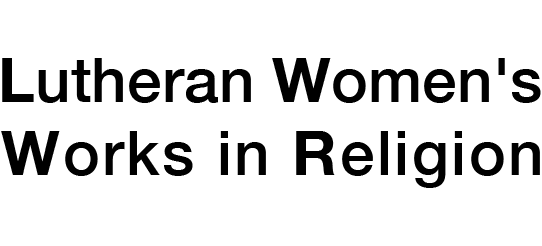Category: Biblical Studies
BOOK CHAPTERS
Carol LaHurd "Participating in the Body of Christ" In Church Unity and the Corinthian Correspondence. ed. Robert Henry Crewdson. Buena Vista, VA: Mariner 2008 : 67-76LaHurd reflects on the implications of Paul’s sacramental theology in 1 Corinthians 11 for current day ecumenical relations and for joint mission as the spiritual body of Christ.
Describes themes in the creation theology of the Wisdom books of the Old Testament and the Psalms.
This essay integrates cultural anthropological insights about life in the ancient Mediterranean world with traditional historical critical methods for reconstructing the life of Jesus. As I assess the historicity of Matthew‘s birth narrative, I ask how its claims would have been understood by the 1st century Judeans in the text and who produced the text, specifically, would claims for virginal conception make sense to them?
In this essay I contend that the Greco-Roman system of patron-broker-client relations shaped early church structures in important ways, even when the language of patronage was not explicitly used. This is especially evident in Ignatius of Antioch‘s letter to the Ephesians in which he ascribes various functions to bishops that most resemble the role of brokers of heavenly goods in a system of divine patronage.
Drawing on the work of anthropologist Mary Douglas, I define purity rules as symbolic expressions of a group‘s identity and core values. Reading Mark 7:1-23 through this lens demonstrates that Jesus and the Pharisees are both concerned about the purity of personal and social bodies, but differ in their assessment of what threatens that purity and how best to preserve the body‘s wholeness and integrity.
BOOK REVIEWS/ENDORSEMENTS
Carol LaHurd , Review of "Review of Paul, Monotheism, and the People of God, by Nancy Calvert-Koyzis" In Catholic Biblical Quarterly. 2006BOOKS
Sharon Betcher Paradise Highway: Of Global Cities and Postcolonial Reading Practices, epilogue to Calling of the Nations: Biblical Hermeneutics, Colonial & Postcolonial PreOccupations., eds. Mark Vessey, Sharon Betcher, Harry Maier, and Robert Daum . Toronto: University of Toronto 2010Considers how, in Vancouver, the sacred texts of different traditions must and can be read through postcolonial hermeneutics, given the ways in which religio-ethnic communities now reside one beside each other along Paradise Highway.

